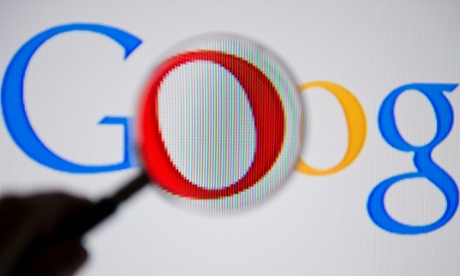
A San Francisco court declared that Google can arrange its search results however it likes, in stark contrast to the decision of European regulators.
Judge Ernest Goldsmith of the superior court of California in San Francisco declared that Google’s search results are protected under free speech laws in the US, dismissing a lawsuit that claimed Google biased its results to exclude the CoastNews website run by Louis Martin.
“The defendant has met its burden of showing the claims asserted against it arise from constitutionally protected activity,” wrote Goldsmith in his one-paragraph ruling, the first ruling since 2007 declaring search results as free speech.
“Google’s search results express Google’s opinion on which websites are most likely to be helpful to the user in response to a query and are thus fully protected by the First Amendment,” lawyers Wilson Sonsini Goodrich & Rosati representing Google wrote in a memorandum filed to the court.
Slapp legislation ‘designed to protect free speech’
The lawsuit was brought by Martin against Google, but dismissed under Californian law after being labelled a “slapp” case. Otherwise known as “strategic lawsuit against public participation”, slapp cases seen as attempts to censor, intimidate or silence critics.
Goldsmith’s decision contrasts with European regulators, which are moving to take action to address Google’s domination of the search market. Google is under investigation in Europe for being anti-competitive and giving prominence to its own services over over rivals including Microsoft and Yelp.
The European commission re-opened its four-year antitrust investigation into Google’s search and advertising business in September, after Joaquín Almunia, the EC’s antitrust chief at the time, said he received “very, very negative” responses from the proposed settlement with Google unveiled in the spring.
The European competition commissioner, Margrethe Vestager, who took over from Almunia on 1 November, said she would take time to review the case with Google.
“The issues at stake in our investigations have a big potential impact on many players, they are multifaceted and complex. I will therefore need some time to decide on the next steps,” Vestager told a European parliament hearing.
Google’s search results are also subject to European “right to be forgotten” legalisation that has seen search results for specific named persons removed from display, forcing Google to accept and analyse requests for search result removals.
Freedom of speech
In the US, the Federal Trade Commission cleared Google of search results bias after a two-year investigation, but forced it to agree to legally binding changes around the way it presents some search results and advertising.
In Europe, Google has presented its service as neutral owing to the algorithmic nature of the search engine, but in this and previous cases in the US Google has said that its search results are part of free speech.
“Google’s opinions about the ranking of search results are constitutionally protected speech,” the company citied of a previous case in 2003.
• Google’s grand European tour aims to map out the future of data ethics

